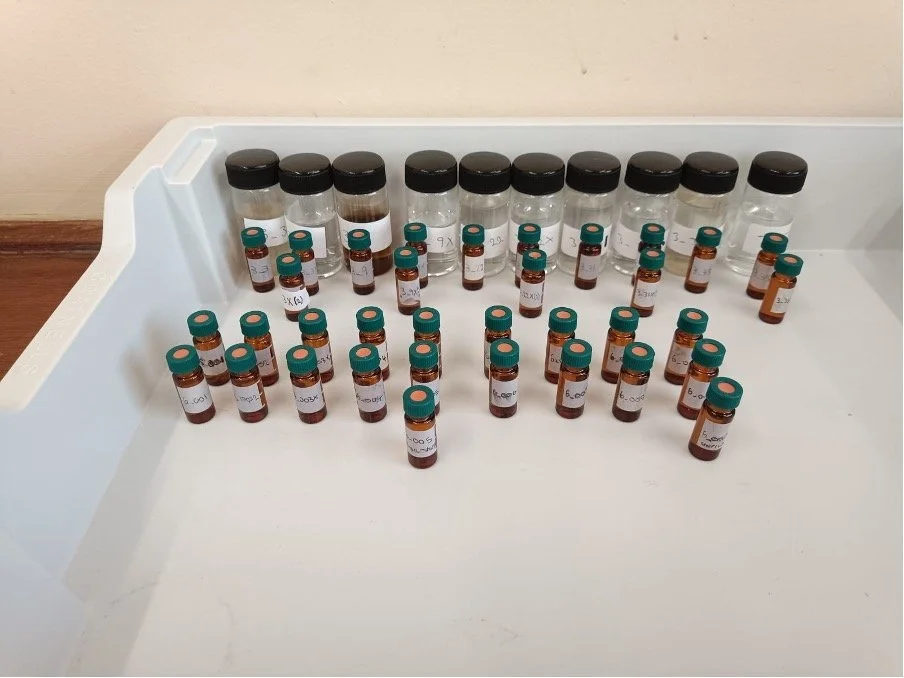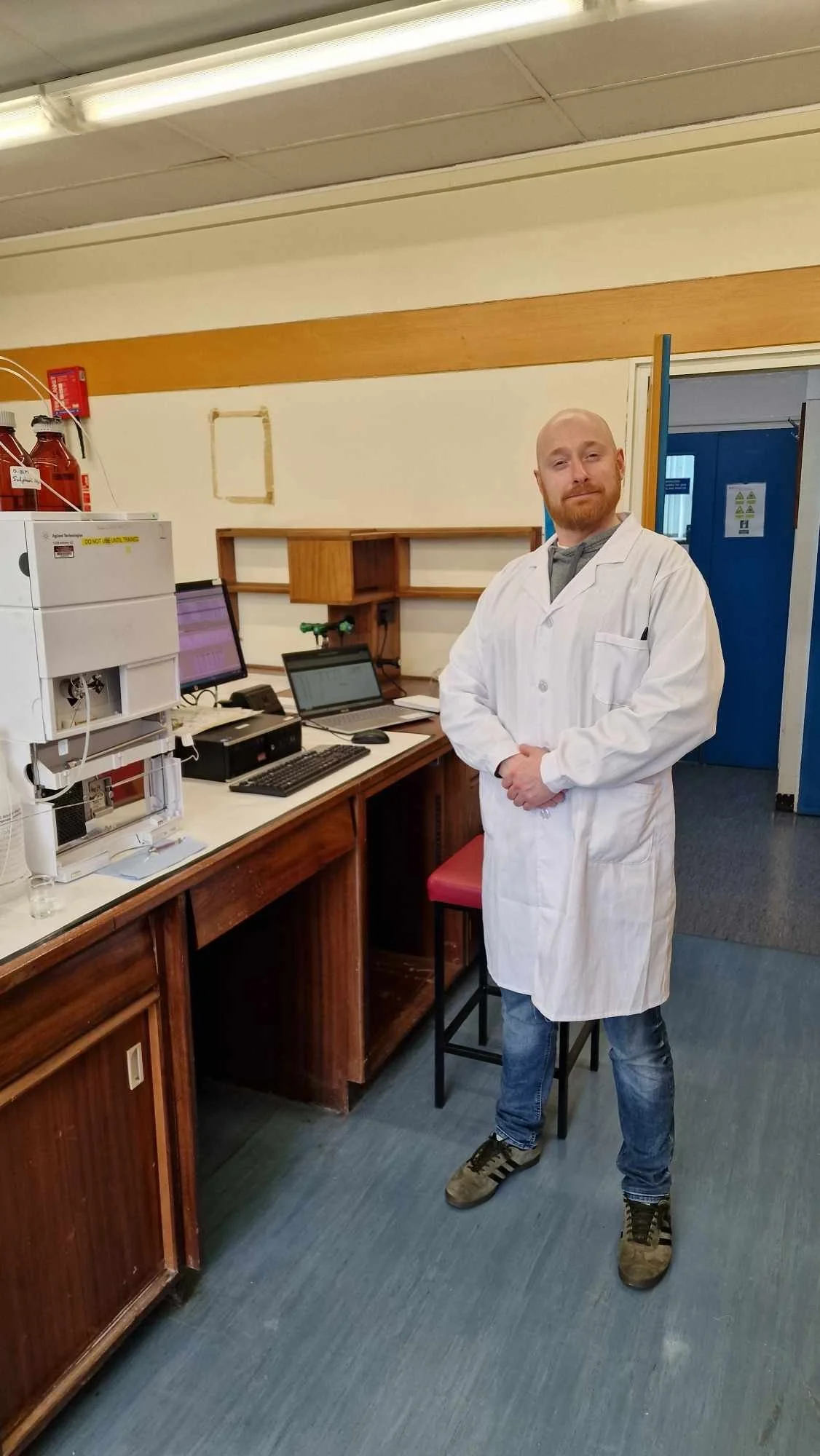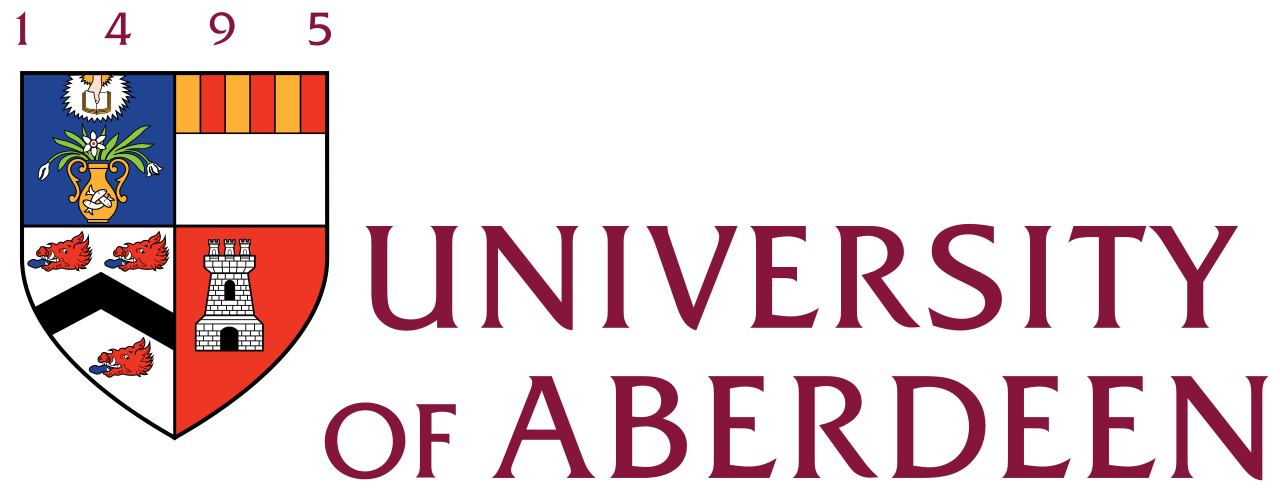Separation of Organic Platform Chemicals from Spent Lees
Introduction
Scotland’s whisky industry produces over 2.6bn litres of waste water every year. This poses an environmental concern as well as the cost associated with treatment and disposal. Spent lees are a particular concern as these must be treated in effluent plants before being discharged. 10 litres of spent lees is generated for every 1 litre of whisky. However, whisky distillery waste water has a potential value of £46m in organic bio-chemicals which are in high demand in global chemical manufacturing markets.
Challenge
RIPCELL extracts valuable platform chemicals from industry effluent streams, currently pot ale condensate, which can be used by many industries including food and drink, cosmetics, textiles, and pharma. The company has a proprietary technology that can extract a green solvent from pot ale. They wanted to see if they could adapt their process to extract solvents from spent lees and then assess whether it would be cost effective to retrieve target platform chemicals from this feedstock.
Solution
IBioIC Feasiblity Funding enabled RIPCELL to work with Dr Alan McCue and Dr Waheed Afzal of the University of Aberdeen to explore solutions. RIPCELL provided access to their proprietary technology and processes, and also material provided through a partnership with a major distillery.
Dr McCue used his expertise in chemical analysis to carry out a compositional analysis of the material. Technical development was needed to achieve the necessary sensitivity and a new technician from the Oil and Gas industry was trained to deliver the technical analysis in-house at RIPCELL.
Dr Afzal carried out a Life Cycle Analysis of the process from cradle to gate to quantify the carbon emissions and show that the chemical separation method is environmentally superior to the traditional, fermentation based, manufacturing process.
Outcome
Analysis showed that the LA produced through this new process has a lower carbon footprint to LA produced through the more traditional fermentation route.
RIPCELL proved that they can adapt their proprietary process to extract LA from spent lees, offering a valuable new feedstock for their process. The R&D also provided a bespoke analytical tool for monitoring solvent composition during the process, and this can now be run in-house.
Good levels of a second solvent were also identified, potentially offering a new product stream and added value revenue from the same material.
The company has also gathered evidence to substantiate the green credentials of product recovery against traditional manufacturing methods. Solvents recovered from spent lees have a lower environmental impact than analogous acids obtained from other routes such as fossil fuels. This gives the company a valuable message to share with clients and investors.




